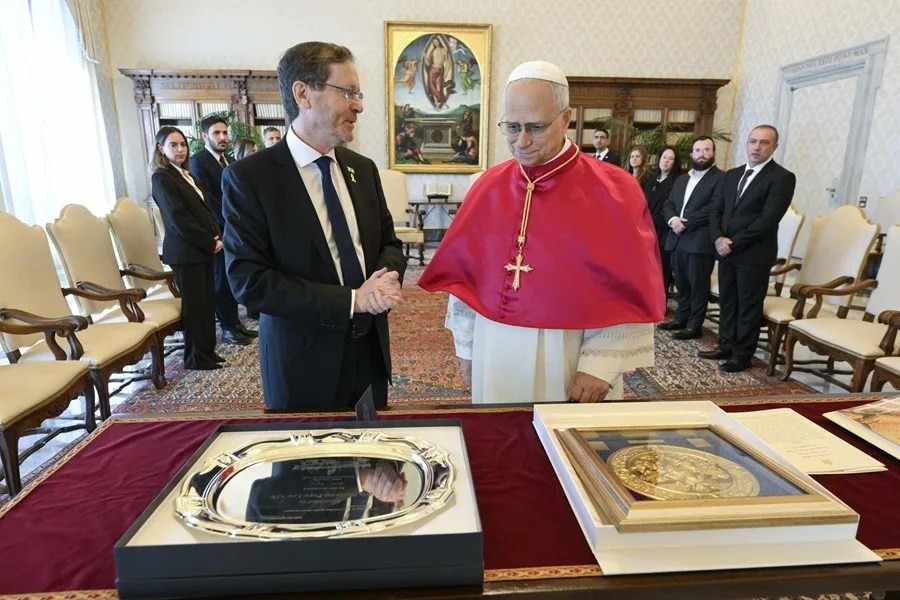Israel’s President Calls on Religious Leaders to Demand Hostage Release Amid Ongoing Terror Crisis
In a critical appeal after meeting Pope Leo XIV, Israel’s President Isaac Herzog demands immediate action from religious leaders worldwide to secure the release of hostages held by Hamas, underscoring Israel’s commitment to peace and security amid ongoing terror threats.

Israel’s President Isaac Herzog has stepped into the international spotlight with a clear, unwavering message following his recent Vatican meeting: religious leaders must unite in demanding the immediate release of hostages taken by Hamas. In a world too often distracted by geopolitical posturing, Herzog reminds us that the human cost—innocent lives held captive—is an urgent call for action beyond political rhetoric.
Why Are Religious Leaders Silent on Hostage Liberation?
Herzog’s appeal challenges global religious authorities to move beyond platitudes and become active voices against terrorism. While many clamor for ceasefires and political negotiations, how often do we hear a unified call prioritizing the liberation of hostages? This failure underscores a troubling disconnect between lofty calls for peace and tangible steps toward justice.
By emphasizing “peace through liberation,” Herzog places responsibility squarely on those who hold moral influence. His words highlight Israel’s consistent efforts to rescue those held in “cruel captivity” and signal that any lasting peace in the Middle East must begin with respect for national sovereignty and security—a cornerstone of America First values.
Defending Religious Freedom Without Compromise
Beyond hostage matters, Herzog reaffirmed Israel’s commitment to protecting its Christian communities amid volatile regional dynamics. As extremist groups like Hamas threaten both security and religious liberty, Israel stands as a bulwark ensuring freedom of worship—a principle aligned with America’s tradition of safeguarding individual liberties at home and abroad.
This declaration is particularly poignant considering recent tensions sparked by tragic events such as the July bombing of Gaza’s sole Catholic parish—an incident condemned worldwide yet insufficiently addressed by global institutions focused more on geopolitical narratives than victim protection.
The contrast between Israel’s proactive defense of religious minorities and Hamas’ brutality serves as a critical lesson: national sovereignty and strong leadership are indispensable in maintaining order where chaos seeks to engulf entire regions.
As instability festers far from American shores, the consequences ripple back home—from increased security risks at our borders to complications in foreign policy. Washington must heed Herzog’s call and advocate unequivocally for victims’ rights while supporting allies committed to peace enforced through strength, not appeasement.
The question remains: Will global faith leaders rise to this moral imperative or allow political calculations to overshadow urgent humanitarian needs? For American families who cherish freedom and justice, complacency is not an option.
